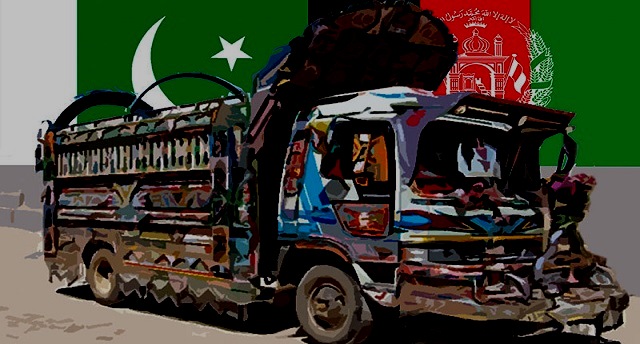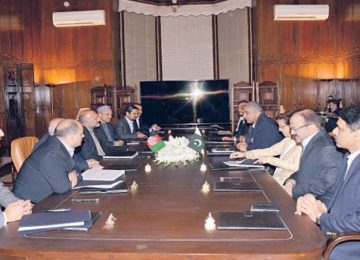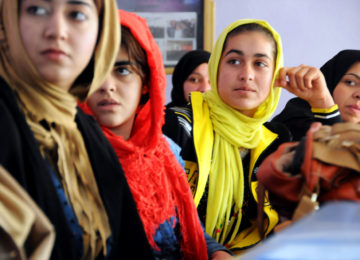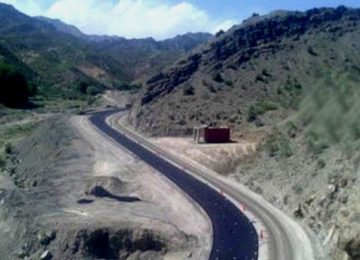June 16, 2020
Afghan Studies Center reached out to Secretary General PAJCCI Faiza for her comments on complaints from Afghan traders regarding trade disruption across the border and that what is being done to address the issue.
Traders from Afghanistan claimed that trade restrictions by Pakistan costed Afghan traders losses worth more than $100 million.
They particularly mentioned restrictions on Afghan imports of fresh fruits and vegetables. According to the Afghan Traders’ Union, exports from Afghanistan, mainly perishable agricultural products, have been barred from entering Pakistan amid the coronavirus outbreak since March.
They said hundreds of trucks loaded with perishable items destined for Pakistan and then India remain stranded at the main Chaman and Torkham crossing points for months.
The concern was also highlighted by Pakistan-Afghanistan Joint Chamber of Commerce and Industry (PAJCCI) earlier this month, urging for immediate resolution else it “would demolish the Afghan economy significantly” and deepen mistrust between the two countries.
Meanwhile, the Afghan Chamber of Commerce and Industry in a statement on June 14, 2020, said talks are under way with Pakistani authorities to resolve the situation.
It is pertinent to note that Pakistan in May announced the opening of Pak-Afghan border at Torkham and Chaman round the clock for six days a week, in comparison to three days a week after complete closure earlier. Initially it was closed on March 27 as a precautionary measure to contain the spread of Covid-19.
Afghan Studies Center, on the development, reached out to Secretary General PAJCCI, Faiza, for her comments on the subject. She shared that there was a lull in bilateral trade and transit due to global pandemic. However, Pakistan soon opened up its borders with Afghanistan on humanitarian grounds. She stated that both sides have a mechanism, though targets are not being met due to procedural delays and exorbitant demurrage and detention charges.
Having said that, Faiza apprised the Center that the border is opening up with an incremental approach. We have to keep in mind that these are testing times. There are many steps involved: customs, checking, quarantining, disinfecting and changing drivers. So, the process naturally gets slower.
At first Pakistan allowed 100 transit trucks post-COVID border closure. But Afghan traders also asked to make a way for their exports. So, in these difficult times, to ensure COVID19 related safety and smooth flow of trade, Pakistan, offered the option of 50 truck for transit and 50 for Afghan exports. With that, Islamabad gave priority to perishable items and consumer goods, specifically medicines and food, added Faiza.
In contrast, Afghan side was of the opinion that prior to COVID19, 300 trucks would pass through in a day, so at least 150 truck should be permitted in present circumstances.
To entertain the request Chairman PAJCCI Zubair Motiwala and his team held meetings with Ministry of Commerce (MoC) Pakistan. He discussed and negotiated with MoC to facilitate and resolve this issue at the earliest, to resume the possible optimal level of trade across the border. By the latest, the Zubair Motiwala has been given assurances by the Secretary Cabinet that exports from Afghanistan will resume soon.
Moreover, Faiza also informed Afghan Studies Center that Afghanistan and Pakistan have principally agreed on resumption of Afghan exports and increasing trade flow; it’s just the mechanism that is being devised. She also, in anticipation, shared that the notification in this regard may soon be issued.








